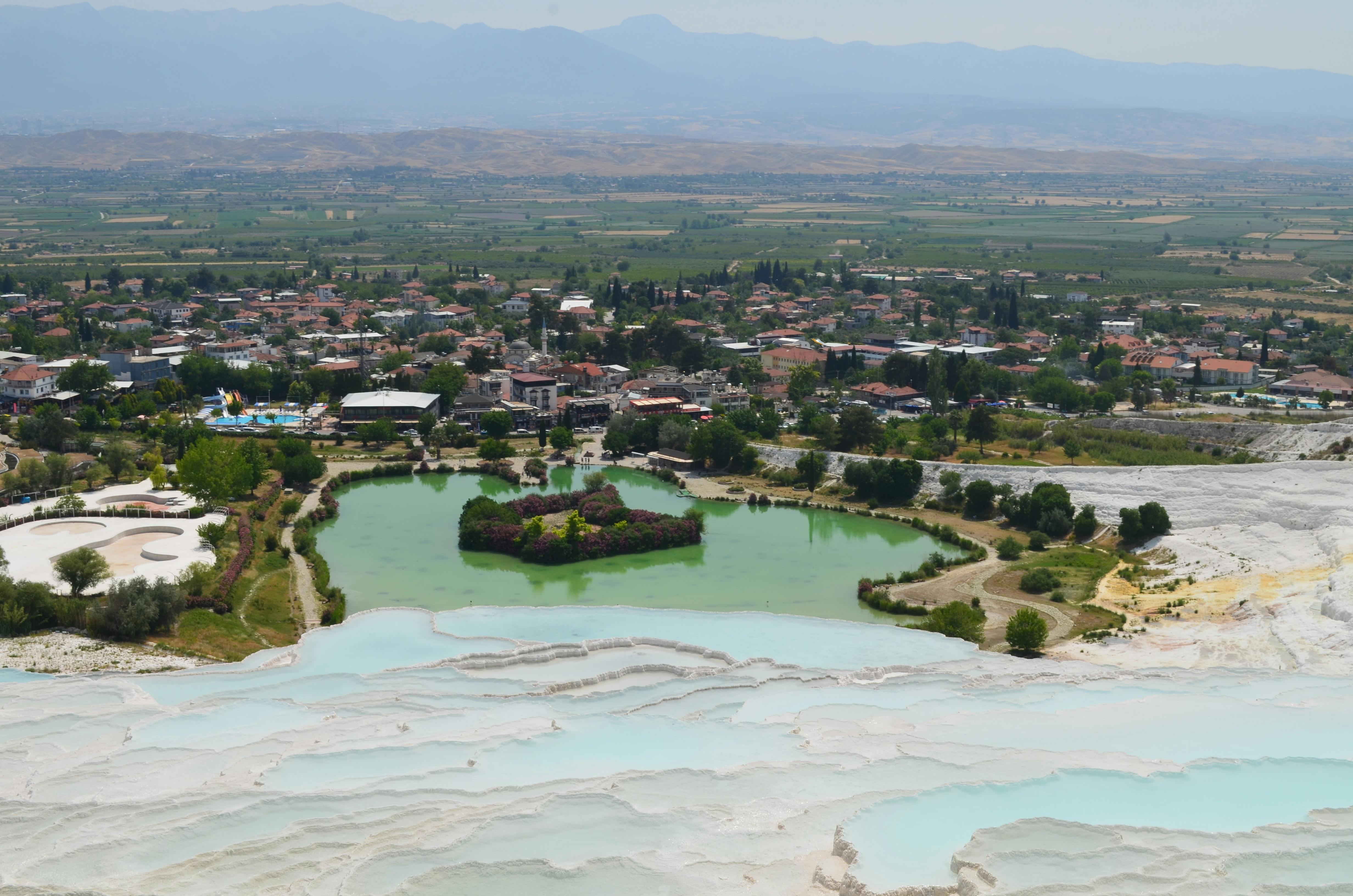The Resurgence of Heritage Travel: An Exploration of Roots and Identity
If one were to describe the modern age's defining features, a globalized world would surely be among them. This interconnectedness has not only made geographical boundaries less significant but also fostered a curiosity about our roots. It has led to the resurgence of a unique travel trend: heritage travel, the journey of tracing one's lineage and exploring ancestral origins. This article delves into the world of heritage travel, tracing its history, current trends, and its impact on travelers.

Tracing the Roots of Heritage Travel
The idea of returning to one’s roots isn’t a new concept. In Ancient Greece, many pilgrims undertook the journey to Delphi, the spiritual home of Apollo. However, the modern incarnation of heritage travel truly started to gain momentum in the mid-20th century. The rise of genealogical research and the availability of online ancestry databases have only fueled this interest in past generations.
Heritage Travel in the 21st Century: An Intersection of Past and Present
Today, heritage travel has evolved into a dominant trend, combining history, genealogy, and tourism. Travel companies now offer specialized heritage tours, genealogical cruises, and even DNA travel, where your genetic makeup determines your destinations. The Internet has made tracing one’s lineage simpler, and people are keen to connect their family history with geographical context.
Heritage Travel: A Journey of Self-Discovery
Heritage travel offers a unique advantage: an intimate connection with a place through one’s bloodline. This personal connection can make the journey more meaningful and transformative. However, it’s not without challenges. Travelers may encounter language barriers, cultural differences, and a sense of disconnection from their perceived heritage. Despite these obstacles, the rewards of heritage travel often outweigh the potential difficulties.
Heritage Travel: Impact on Travelers and Destinations
Heritage travel’s impact extends beyond personal discovery. It can also benefit the destinations themselves. Heritage tourism can promote cultural preservation and boost local economies. However, it’s important to approach these journeys with respect and awareness to avoid cultural commodification.
Decoding the Essentials of Heritage Travel
-
Start with Research: Understand your family history. Use online resources, family records, or even DNA testing services to trace your ancestry.
-
Plan Your Journey: Determine the key places that hold significance in your family history.
-
Engage with the Locals: Interacting with locals can provide a richer understanding of the area and its history.
-
Document Your Journey: Keep a travel journal or blog to record your experiences and discoveries.
Heritage travel offers a transformative experience, combining the thrill of exploration with the profound journey of self-discovery. It’s more than just a vacation; it’s a journey into your past, a way to connect with your ancestors, and a unique opportunity to understand your place in the world’s vast tapestry. As more and more people embark on these personal pilgrimages, heritage travel is set to redefine our understanding of what it means to travel.




